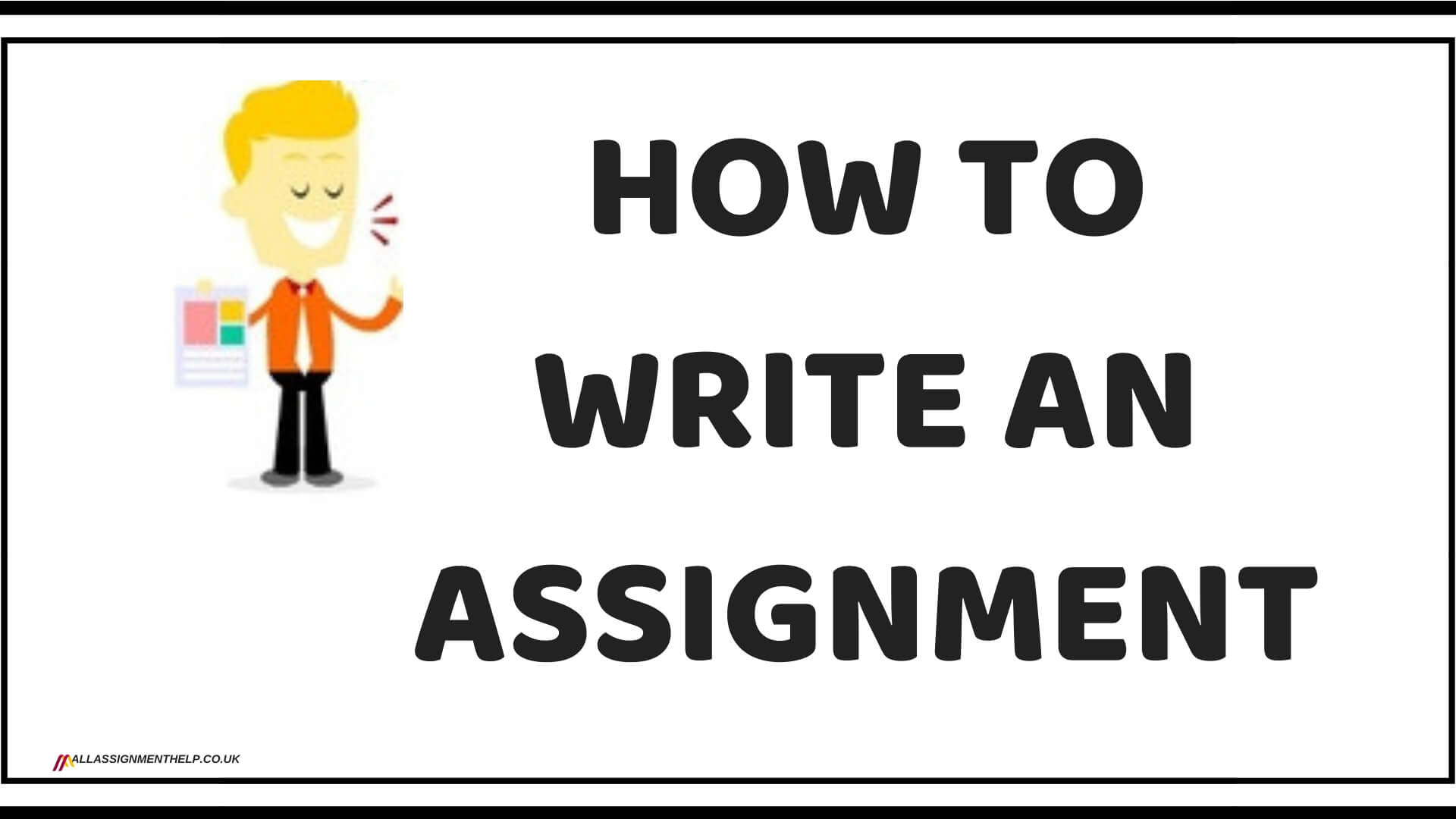
7 TIPS ON HOW TO WRITE AN ASSIGNMENT FOR UNIVERSITY
Writing college papers present a difficult undertaking, particularly when striving to attain superior grades and intellectual accomplishment. To aid you in maneuvering through this procedure efficiently, we have assembled seven crucial hints that will direct you toward composing exceptional assignments. These suggestions hold immense value not just for those who are new learners but also for those looking to enhance their current abilities on their academic path.
- Understand the Assignment:
Read the assignment instructions thoroughly before starting to write. Pay attention to any specific guidelines, formatting styles, word limits, and evaluation criteria. This will help you stay on track and cover all necessary components of the task.
- Plan Your Time:
Achieving a high-quality assignment requires effective time management. To accomplish this, it’s essential to divide the task into smaller and more manageable parts and establish a practical timeline. Begin your work early so that you have enough time for researching, outlining, drafting, editing, and proofreading – all necessary stages of writing. Assigning specific periods for each stage will not only minimize stress but also improve the excellence of your composition.
- Conduct Thorough Research:
To write a good assignment, research is crucial. Use academic sources like books, scholarly journals, databases, and reliable websites to gather evidence for supporting your arguments. Ensure that the sources are credible and relevant by critically evaluating them. Taking structured notes during the research will save time while writing the assignment.
- Create an Outline:
An outline is like a map for your assignment that keeps your ideas organized. First, introduce the topic and state your thesis statement. Then, list the main points you’ll discuss in each section or paragraph. Arrange them logically to support your thesis throughout the assignment.
- Write Clearly and Concisely:
Regarding academic writing, it is essential to prioritize precision and clarity. Utilise concise language when conveying your ideas for them to be perceived effectively by the reader. Do not implement too much jargon or intricate sentence structures that could potentially perplex the individual reading your work. Additionally, be considerate with selecting words and attempt a balance between being formal and engaging simultaneously. Lastly, review and edit thoroughly for any grammatical or spelling mistakes present within the written context.
- Support Your Arguments:
Use evidence and examples to support your arguments in assignments. Ensure that the sources used are relevant and up-to-date for better credibility of your work. Also, cite all sources accurately using the appropriate referencing style. Properly acknowledging sources helps avoid plagiarism and shows academic integrity.
- Revise and Edit:
In the writing process, proofreading plays an important role. Upon finishing the initial draft, it is advisable to take a break and revisit your assignment later with renewed focus. Give it a thorough read-through while keeping coherence, clarity, and logical flow of ideas in check. Take care of any unclear sentences or improve organization where required; make sure that the formatting style specified for your work has been duly followed too. It could help you identify more unnoticed errors or inconsistencies if you have someone else – be it a classmate or acquaintance – review your work as well because they can bring fresh insights to light about various aspects of your written piece!
Producing an outstanding academic assignment necessitates meticulous preparation, thorough investigation, and strong writing skills. By adhering to these seven pieces of advice, you will be equipped to face your assignments with self-assurance and create exceptional work. Remember to comprehend the task specifications thoroughly, manage your time efficiently, carry out comprehensive research, and construct a structured summary of what you intend on conveying in the write-up concisely yet informatively while supporting your claims with references. Additionally, revise and edit meticulously after putting down the pen to paper; this process significantly enhances the final product quality.




